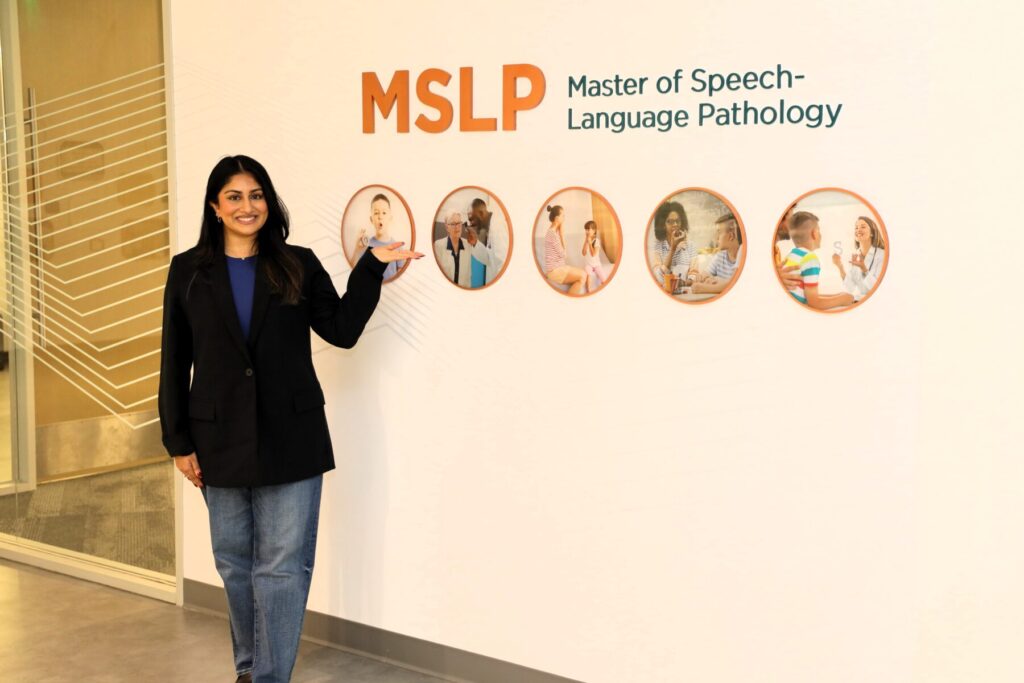Graduate
Student Lounge



The online Master of Speech-Language Pathology (MSLP) program at WCU is designed for students who want to pursue autonomous practice as speech-language pathologists, sometimes called speech therapists. The program is rooted in evidence-based practice, scientific inquiry, community outreach, and excellence in patient-centered care.
Whether you’re a graduate of the MSLP program, are a current student, or are simply curious to learn more about a speech-language pathology career, this resource offers information about this rewarding career path to help support your professional growth.
Speech-language pathologists may work in:
For more, see the Bureau of Labor Statistics Occupational Profile for Speech-Language Pathologists.
Get in touch with our team
Interviews for SLP roles typically focus on your clinical expertise, problem-solving skills, and patient interaction. Potential speech-language pathologist interview questions include:
Your speech therapist resume should emphasize your clinical experience, technical skills, and patient care abilities. Key elements to include are a professional summary briefly explaining your qualifications and career goals, your work experience, education and credentials, skills you want to highlight that are relevant to the role, and any certifications.
Associations like the California Speech Language Hearing Association provide networking opportunities, workshops, evidence-based practice resources and toolkits, job postings, and other perks.
Our Career Services offer a range of services, including career advising and resume review, so you can feel confident about every step of your job search. We’ll help prepare you for real job interviews and give you the tools you need to make a strong impression on hiring managers.
Additionally, we partner with hundreds of employers across various industries, helping to facilitate meaningful connections and opportunities between recruiting companies and our student and alumni populations.
1Bureau of Labor Statistics, U.S. Department of Labor, Occupational Outlook Handbook, Speech-Language Pathologists, at https://www.bls.gov/ooh/healthcare/speech-language-pathologists.htm